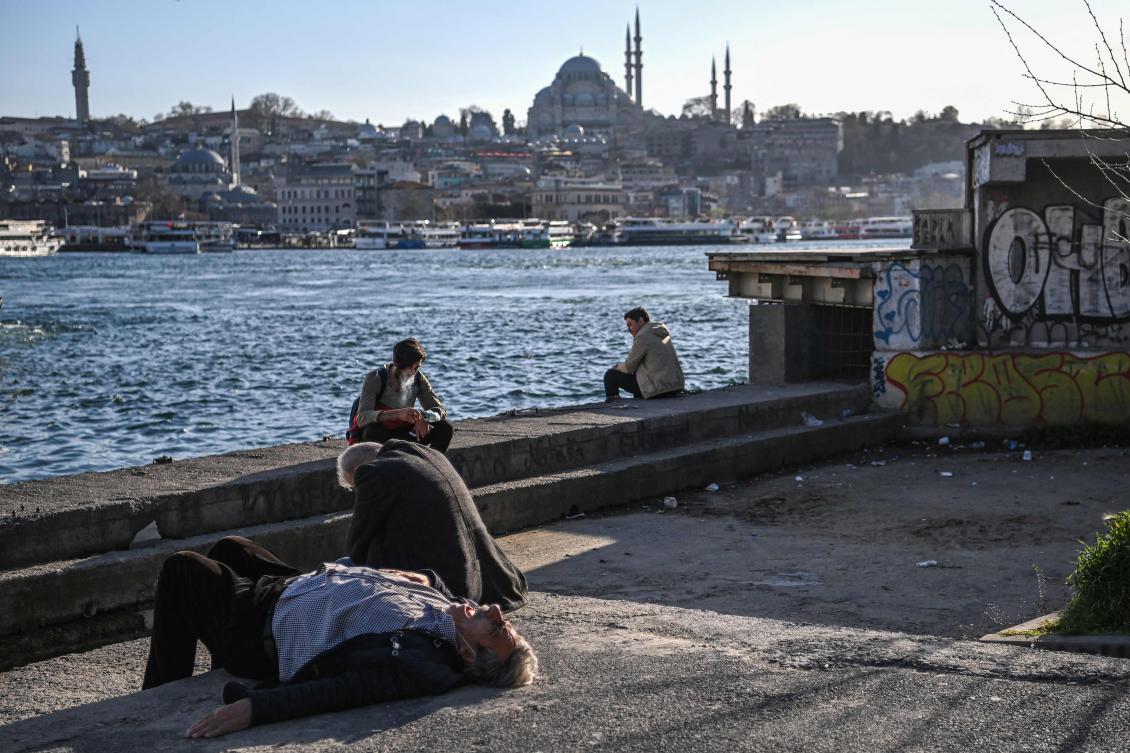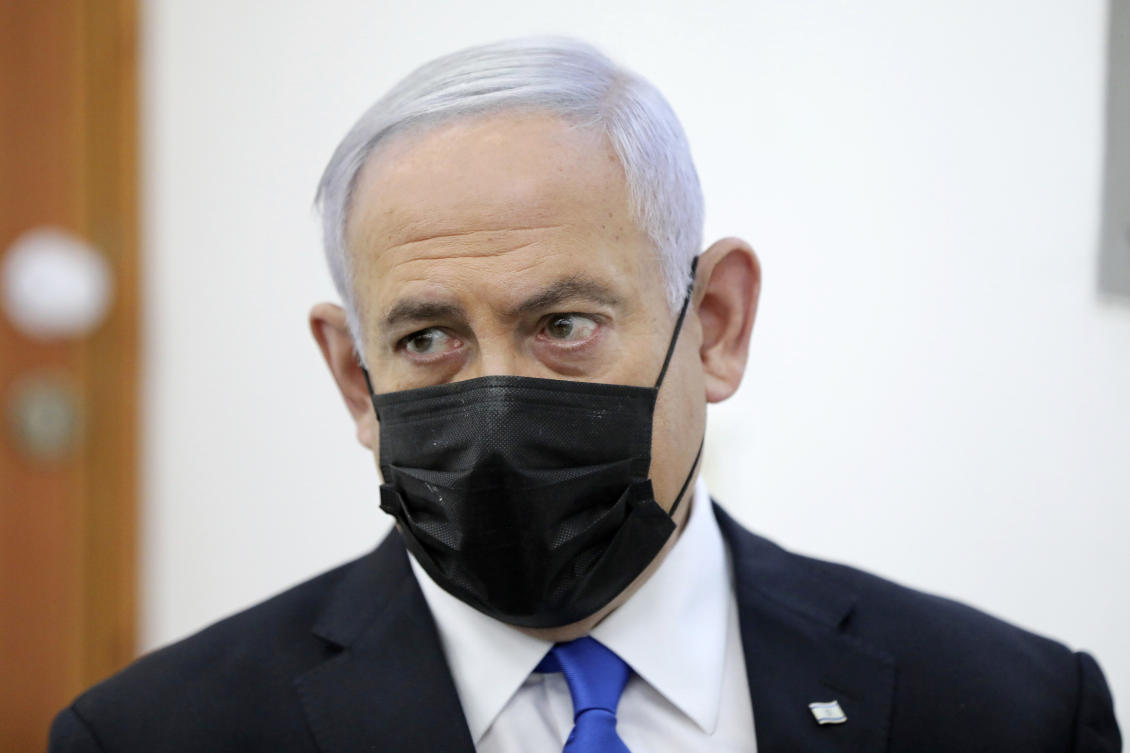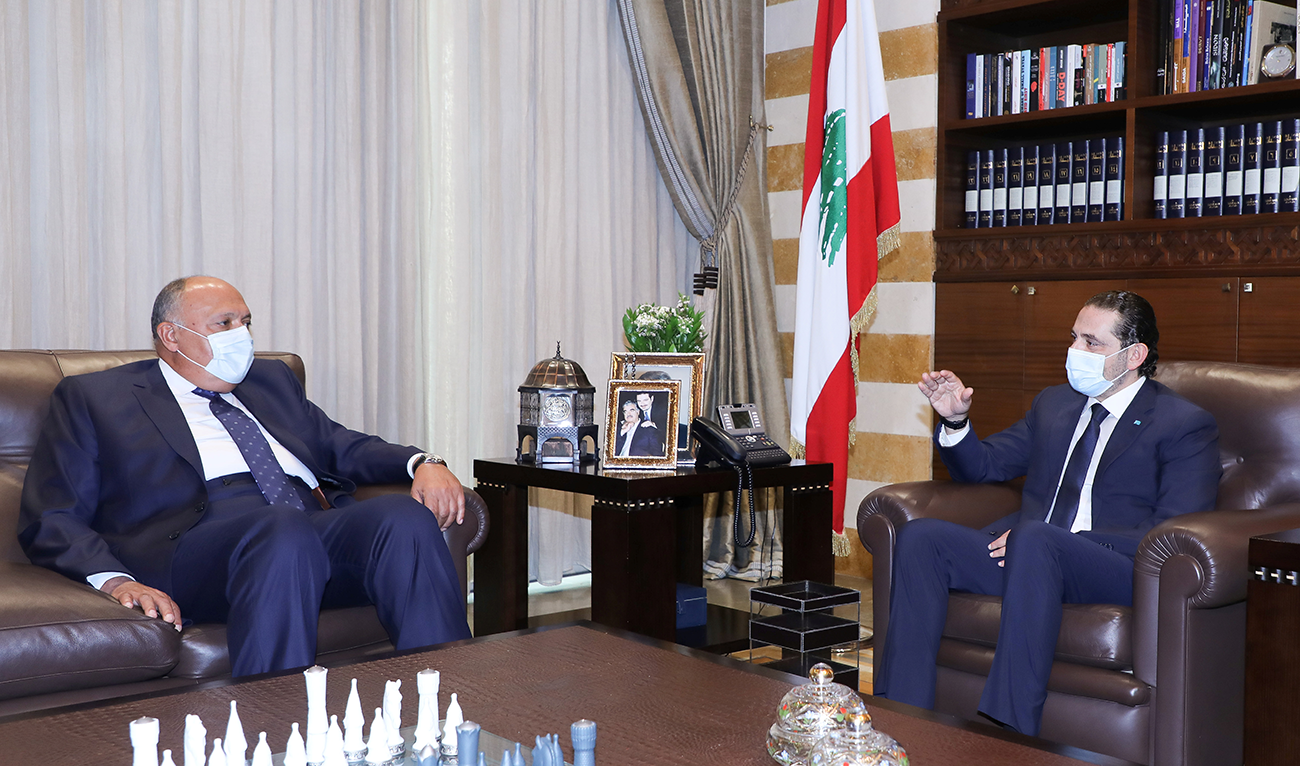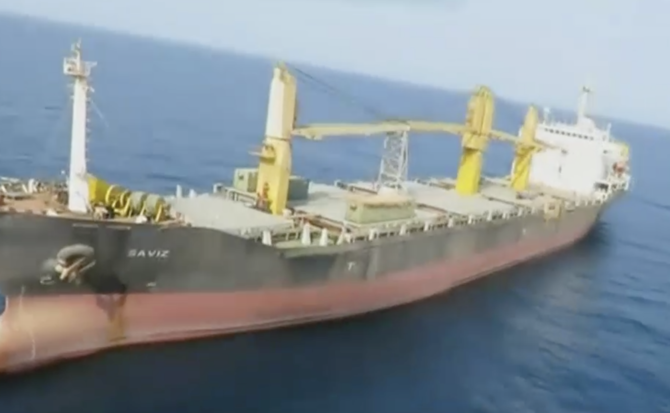BEIRUT: Egyptian Foreign Minister Sameh Shoukry said on Wednesday his country will “continue to exert all possible efforts alongside the Lebanese political parties to overcome the crisis facing the formation of the new government.”
Shoukry, who was visiting Lebanon for the first time since the explosion the destroyed Beirut’s Port eight months ago, denounced “the ongoing political deadlock preventing the formation of a government of specialists capable of meeting the needs of the brotherly Lebanese people and achieving stability, not only for Lebanon but for the region and Egypt.”
Shoukry passed on a message from Egyptian President Abdel Fattah El-Sisi to his Lebanese counterpart, President Michel Aoun, that “stressed Egypt’s solidarity with Lebanon and its support of the efforts exerted to form a new government, as this would open the door for regional and international support and therefore serve the common interests of the region’s countries, but primarily those of the brotherly Lebanese people.”
Shoukry added: “The political framework of the upcoming government is ruled by the constitution, the Taif Agreement and the full commitment to those documents, considered the main pillars of stability.”
This latest attempt to encourage Lebanese politicians to make progress comes 167 days after Prime Minister-designate Saad Hariri was instructed to form a new government to replace the one that resigned shortly after the Beirut explosion. Politicians have so far failed to reach a consensus as a result of Aoun’s reported determination to secure a blocking third — control over a third of cabinet portfolios for his allies, which would give them the power to veto any proposal that requires a two-thirds majority. Hariri refuses to grant this.
While the political deadlock continues, the financial crisis in the country deepens. A few days ago, Caretaker Finance Minister Ghazi Wazni warned that “the reserve dedicated to financing basic imports is depleting and may dry up completely by the end of May, unless we reduce subsidies by issuing ration cards to about 800,000 needy families.”
The agenda for Shoukry’s visit did not include meetings with Caretaker Prime Minister Hassan Diab, head of the Free Patriotic Movement Gebran Bassil, Caretaker Foreign Minister Charbel Wehbe or any Hezbollah officials.
Instead he met Hariri, Parliament Speaker Nabih Berri, Maronite Patriarch Bechara Al-Rahi, Druze leader Walid Jumblatt, Kataeb Party leader Sami Gemayel, and Marada Party leader Suleiman Frangieh. A scheduled meeting with Samir Geagea, head of the Lebanese Forces, was canceled after Geagea tested positive for COVID-19.
Shoukry praised Berri for his “role and his initiative aimed at putting an end to this crisis, while preserving the solid political and legal foundation by abiding by the constitution and the Taif Agreement.”
And after his meeting with the Maronite patriarch, he said: “We have agreed with Al-Rahi on the importance of rapidly forming a government to implement the required reforms, paving the way for regional and international support.”
Egypt has backed an economic-reform initiative launched by French President Emmanuel Macron during a visit to Beirut soon after the explosion, and indicated that it is ready to work with Paris to ensure it is successfully implemented by a new government formed by a political consensus.
Aoun’s office said the president “commended the role undertaken by Egypt, under the leadership of El-Sisi, to help Lebanon address the various crises it is facing, particularly the governmental crisis.” He also expressed the hope that “the efforts will bear positive results through committing to the constitutional and distribution rules upon which the Lebanese system is built, and including all of the Lebanese parties without exclusion or discrimination.”
During a televised speech on Wednesday, Aoun stressed “his commitment to a forensic audit in order to hold accountable those who have stolen the money of the Lebanese people and state.”
In January, Mount Lebanon’s prosecutor, Ghada Aoun, charged the Governor of Lebanon’s central bank Riad Salameh over allegations relating to the use of foreign currency reserves.
Also on Wednesday, ministers gathered at the Ministry of Defense to discuss the demarcation of northern maritime borders, after a Syrian-Russian gas-exploration agreement ignored more than 750 kilometers of Lebanese borders.
“The parties agreed on the importance of the Lebanese authorities acquiring the official documents in order to set up a communication mechanism with the Syrian authorities,” the ministry said. “This stresses the position Lebanon has conveyed to the Syrian authorities repeatedly since 2010 and deposited at the UN.”
Foreign Minister Wehbe said on Tuesday: “President Aoun held a phone call with Syrian President Bashar Assad, during which he discussed the demarcation of the northern maritime borders with Syria and stressed that Lebanon will not accept the undermining of its maritime sovereignty.”




